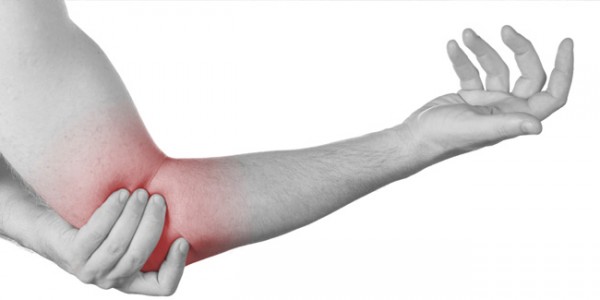Lots of support in residential care homes
A lot of people wouldn’t guess that frontline work could be an injury-prone job, but last year 110 frontline workers (143 in 2011) experienced a musculoskeletal injury (MSI) while moving a patient in a residential care facility.
So in a serious effort to reduce these injuries, VCH launched a campaign in 2012 to cut the number of MSI in half by installing mechanized ceiling lifts in 11 of it’s 14 long-term residential care facilities – three facilities structurally could not accommodate the lifts – and more importantly, getting staff to use the lifts to move their patients. So far, VCH has seen a 60% reduction in injuries prevented by the use of a ceiling lift.
Highest incidence of injuries
“MSI is a historical issue in residential care,” says Helen Tam, manager of Safety and Prevention Services with Workplace Health at VCH. “One of the biggest reasons why we’ve seen a reduction is because staff now have equipment when they need it and are using them more regularly. ”
“Frontline workers in residential care have the highest incidence of injuries compared to anyone in health care,” she says later.
One of the staff using the lifts for her safety is Summer Hay, a residential care aide at Shorncliffe Care Home in Sechelt. Summer is a coach with the Peer Safety Coach Program, which provides on-site support to VCH staff how to optimize the use of the lifts while showing peers the benefits of using them for their own safety as well as for the patients.
“I’m a previously injured employee,” Summer says. “So I have the perspective of not wishing (those injuries) on my worst enemy. I don’t want other staff to experience that, especially if we can do something to prevent them.”
Personal experiences
In 1998, fresh out of the health care assistant program, Summer experienced a painful injury in her neck while moving a patient. In 2004, she was moving a patient from his bed when he suffered a stroke and caused a compressed fracture in her spine – the injury still affects her today.
“It’s definitely worth taking the couple of seconds to walk around the bed to hook up a lift,” she says. “These injuries can be with you forever.”
As a coach with the program, Summer says it’s her job to show the benefit of using the lifts and inspiring her coworkers to teach others the same, creating a culture of proactive safety.
“I hope I encourage other to pass it along and be confident and comfortable passing it along to their coworkers.”
When she was in school, Summer admits she had “no idea” that frontline work would be so physically demanding.
“I did not know it was a physical job – I was very naïve in that way,” she explains. “When we went to school, we didn’t touch on that – I had no idea.”



